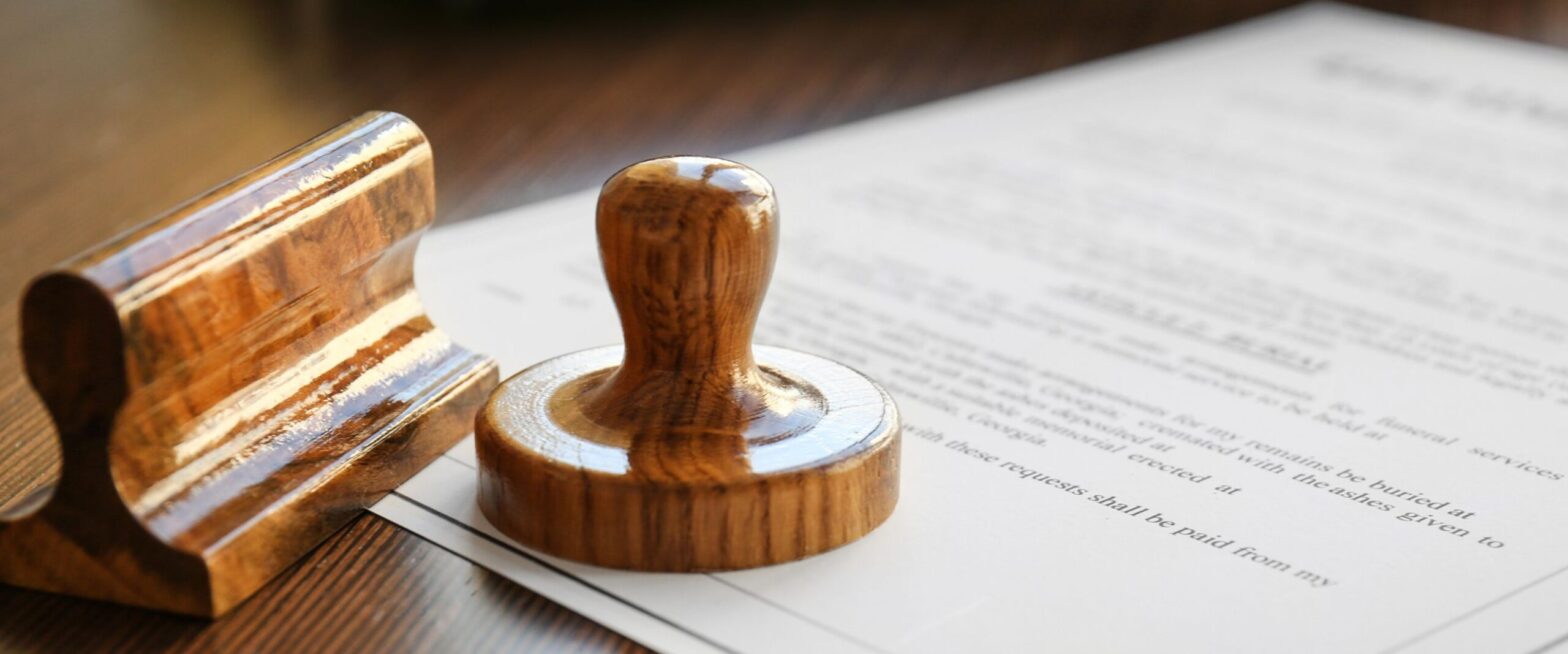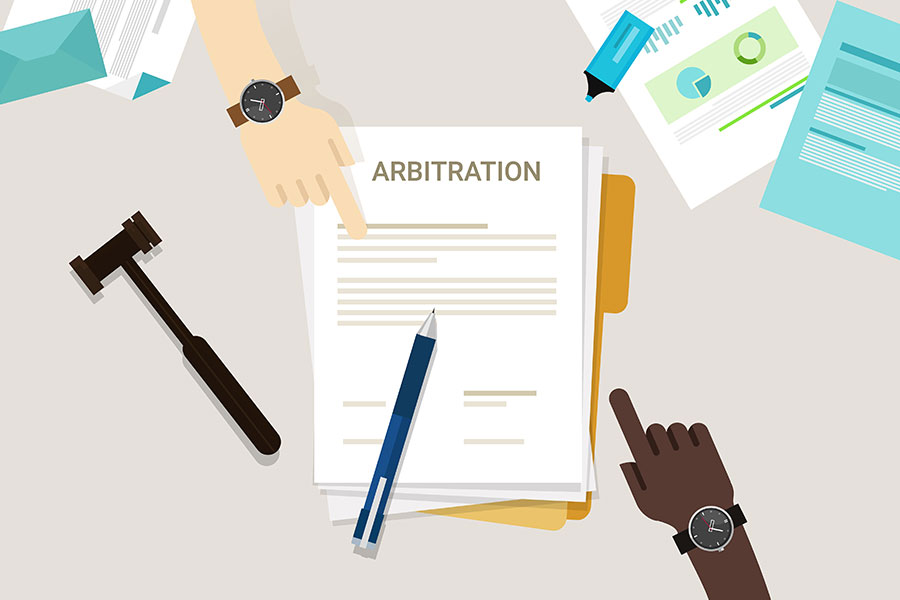Expert-Tease Me: The importance of Experts in Arbitrations

Expert-Tease Me: The importance of Experts in Arbitrations
The rise of international trade over the years has been accompanied with the consequential increase in the number of disputes being referred to arbitration. The subject matters of disputes are wide ranging across industries such as construction, nuclear, manufacturing, power supply, technology et al and the contracts underlying the dispute may be governed by one or more law. This has led to the importance of experts being recognised by both, the parties and arbitral tribunals.
Experts in an Arbitration can take the following role:
- Technical Expert Witness i.e. experts who opine and testify on technical aspects relating to the subject-matter of the dispute viz. industry specific technical expert. Such experts may testify on the various critical aspects including causes of delays to a project, defective product design, changes to design standards and consequences thereof et al;
- Quantum Expert Witness i.e. experts who provide a quantum assessment of the loss which is incurred a party in monetary terms, this includes evaluation of accounts, economic data, damages to ascertain quantification of loss; and
- Legal Experts Witness i.e. experts who opine and testify on issues from different jurisdictions which are unfamiliar to the tribunal. This is especially used in the event there are multiple facets laws governing the dispute, which can be due to the different nationality of the parties.
An expert may be appointed by a party or the tribunal and such appointment is governed by the law of the seat. Various national legislations[1] as well as the UNCITRAL Model Law[2] and institutionalised rules[3], give the tribunal the power to appoint an arbitrator unless agreed otherwise by the parties.
A party may appoint an expert to advice the party either behind the scenes or as an independent witness before the tribunal. Experts appointed to advice behind the scenes can play a crucial role in developing a claim or defence and are an extension of the party itself. Experts may also be useful in preventing the dispute as well and can play a huge role in achieving settlement of disputes per se. On the other hand, a party may appoint an expert to present evidence before the tribunal, who is required to be independent and impartial while giving his report. A fundamental issue arising out of use of party appointed experts is the disagreements between the opinion rendered different party appointed experts.
Additionally or as an alternative to experts being appointed by a party, the tribunal may appoint an expert to assist itself. A tribunal appointed expert may also help in reconciling different approached taken by the party appointed experts. However, tribunals must be careful while relying on such an experts report, as it cannot delegate its decision-making function to the expert. In fact the tribunals, in order to reconcile the different approaches taken by party appointed experts, also make such experts question each other, which is something like an equivalent of cross examination of the expert witness. In such situations, the last man standing wins.
However, as Montek Mayal, Senior Managing Director, India Practice Leader – Economic Consulting, states: “majority of expert appointments today in international arbitration are really party appointments. Tribunals remain careful with their own appointments.”
Another alternative to party or tribunal appointed experts is to appoint an expert as an arbitrator. However, this may turn out to be difficult as the parties can seldom reach a consensus on the area of expertise. Another difficulty which may arise in this is the effectiveness of the ‘adjudication’ done by an expert arbitrator, as it becomes difficult for an arbitrator from a non- legal background to ascertain the probative value of an evidence which is rendered by either of the party, which is the basis of appreciation of evidence.
Experts often play a crucial role in arbitrations, especially when there are technical issues involved. A strong expert report coupled with a solid expert testimony, can make significant impact to a party’s claim. Therefore, while engaging an expert, one should keep the following in consideration:
- Qualification: One should take into consideration the expert’s qualification, experience, credibility and reputation in the relevant field. The expert must have sufficient experience and knowledge in the field in which he is to present his report.
- Independence and Impartiality: The expert should be independent from the parties, their legal advisors and the arbitral tribunal. This assumes significance importance as an expert is required to give a statement of independence in his report[4].
- Prior Experience: Whether or not the expert has any previous experience as an expert witness, as the party has the right to cross-examine an expert, whether it be party or tribunal appointed expert.
- Stage at which the expert is to be appointed: Parties can engage experts at various stages of an arbitration proceeding. It is advised to engage an expert early on as such an expert can work with the counsel to develop a strong claim that can be supported by the expert’s evidence.
All in all, experts must be appointed after due care and consideration, as their report and testimony can prove to be a turning point in the arbitration. As Montek further observes: “there has been a consistent rise in the use and acceptance of experts globally – particularly, in larger, commercial and investment disputes. This has been influenced by both an increase in the complexity of commercial transactions and valuation issues and a greater need for well substantiated, independent assessment of economic losses.”
[1] Section 26, The Arbitration and Conciliation Act, 1996 [Republic of India]; Article 34, Arbitration Law, 2003 [Republic of Japan], Article 34, Federal Law No. (6) of 2018 of Arbitration [United Arab Emirates].
[2] Article 26, UNCITRAL Model Law.
[3] Rule 26, Singapore International Arbitration Centre Rules, 2016; Article 21, LCAI Rules, 2014, Article 25, ICC Rules on Arbitration, IBA Rules on the Taking of Evidence in International Arbitration, 2010.
[4] See Article 5.2.c of IBA




